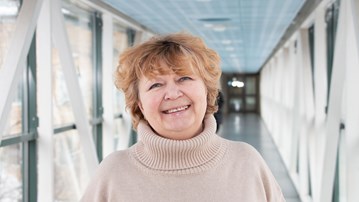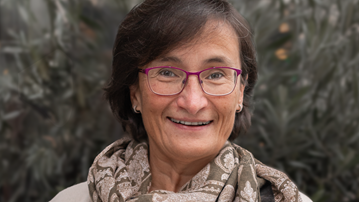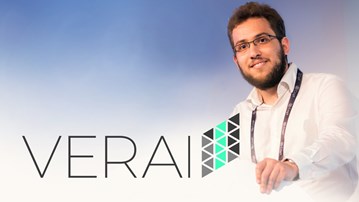
Image: AdobeStock

Image: AdobeStock
Research group The research group in Responsible AI was established to study the ethical and societal impact of AI, while supporting policymakers through the development of tools and methodologies to mitigate adverse effects.
We study the ethical and societal impact of AI, through the development of tools and methodologies design, monitor, and develop trustworthy AI systems and applications.
Our research is not only about the development of intelligent systems, but also in understanding the effects of their deployment on our societies. We are working to ensure the ethical application of Artificial Intelligence (AI), both through public engagement and frequent interaction with policymakers, and by facilitating the engineering of Responsible AI.
Our diverse multidisciplinary research programme aims to help all relevant actors to have access to the means and tools to develop, deploy, operate, and govern systems, while taking any ethical, legal, and socio-economics implications into consideration.
ADS Lab is a hub for international expertise in distributed systems.
Anna Jonsson, Docent in Computing Science, receives the student's prize for educational efforts.
Paolo Bientinesi gave a talk on the complexity of linear algebra

Detecting and preventing false information about Ukraine.

Towards the responsible implementation and use of artificial intelligence.

Another startup company based in Umeå University has qualified for the AI top list.